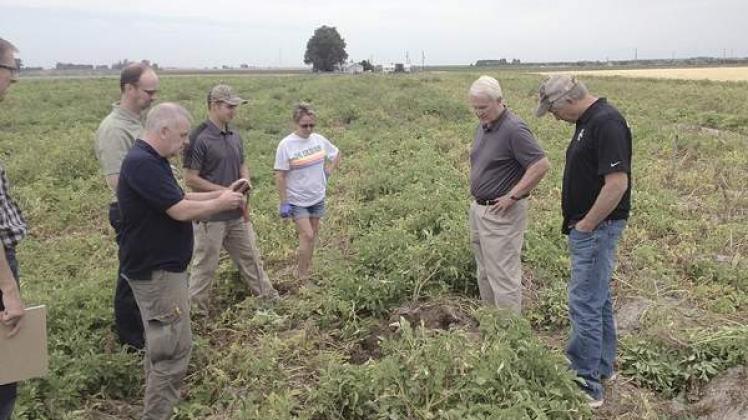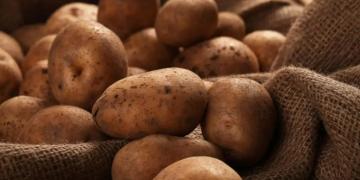EEUU: PVMI sees growth in potato royalties
The Potato Variety Management Institute saw a significant increase in royalties paid for raising varieties developed collaboratively by Northwest potato breeding programs in 2015.

BEND, Ore. — An organization that handles licensing and royalty collection of potato varieties developed in the Northwest had its best year in 2015, and officials say it’s poised for greater growth in the next few years.
The nonprofit Potato Variety Management Institute gave royalties totaling $536,000 in December to the potato breeding programs of University of Idaho, Oregon State University, Washington State University and the USDA’s Agricultural Research Service, said PVMI Executive Director Jeanne Debons.
Formed in 2005 by the potato commissions of Oregon, Idaho and Washington State, PVMI collects a quarter per hundredweight in royalties for its varieties raised within the Tri-state region, 50 cents for varieties raised elsewhere in the U.S. and $1 for varieties raised abroad.
Debons said royalties were down in 2014, when PVMI collected $326,000, compared with $408,000 during the prior year.
PVMI, which wrote its first royalty checks in 2009, has contributed $1.686 million to breeding programs to date, plus more than $200,000 to support programs such as the UI Potato Lab. The organization also covers its own operating costs — roughly $130,000 per year — and has more than $500,000 in reserves. PVMI’s top varieties for generating royalties are Alturas, which has generated $1 million, Classic Russet, which has generated $417,000, and GemStar Russet, responsible for $259,000.
During 2015, McDonald’s approved the PVMI variety Blazer Russet for use in making its fries in the Eastern region of North America. McDonald’s quality systems director Mitch Smith said during a speech at the National Potato Council’s 2015 Potato Expo, and the company is considering PVMI’s Clearwater Russet.
Smith said Clearwater is especially intriguing because of its “sustainable attributes in terms of lower input use as well as low sugars, and in some cases, higher yields.”
He said McDonald’s varieties must undergo a rigorous approval process involving the supplier making a business case, careful analysis on yield and attributes, screening by a sensory team in Oakland, Calif., further reviews by panels, reviews by management and a team of owners and operators from throughout the country and consumer testing.
Smith said there are only four varieties that now meet McDonald’s “gold standard,” and concerns about texture and flavor are the most common reasons why varieties fail to gain approval.
“Typically what we see is the texture has been too smooth or pasty,” Smith said during the Expo. “We’re looking to get that nice baked potato texture. The other would be musty and old potato flavors, or too strong potato flavors.”
Debons declined to comment specifically about McDonald’s plans but said she expects an upturn in Blazer planting this season, especially in Maine.
Jonathan Whitworth, a potato scientist with USDA-ARS in Aberdeen, Idaho, believes the breeding programs are better meeting the industry’s needs because processors have begun cooperating much earlier in the breeding process.
“We get more real-time feedback of specifications that are needed to make a variety successful,” Whitworth said, adding developing varieties that require less inputs to raise is a top industry concern.
Debons said PVMI is also poised to see growth in usage of its varieties internationally.
“We had calls from Turkey. They wanted to try out Clearwater, so we’re organizing that this coming year,” Debons said.
She said Jurgen Bruer, an official with the German potato processor Agrarfrost who has large field trials of several PVMI varieties planned for 2016, also toured the Northwest potato industry last summer.
Fuente: http://www.capitalpress.com/Nation_World/Nation/20160107/pvmi-sees-growth-in-potato-royalties




